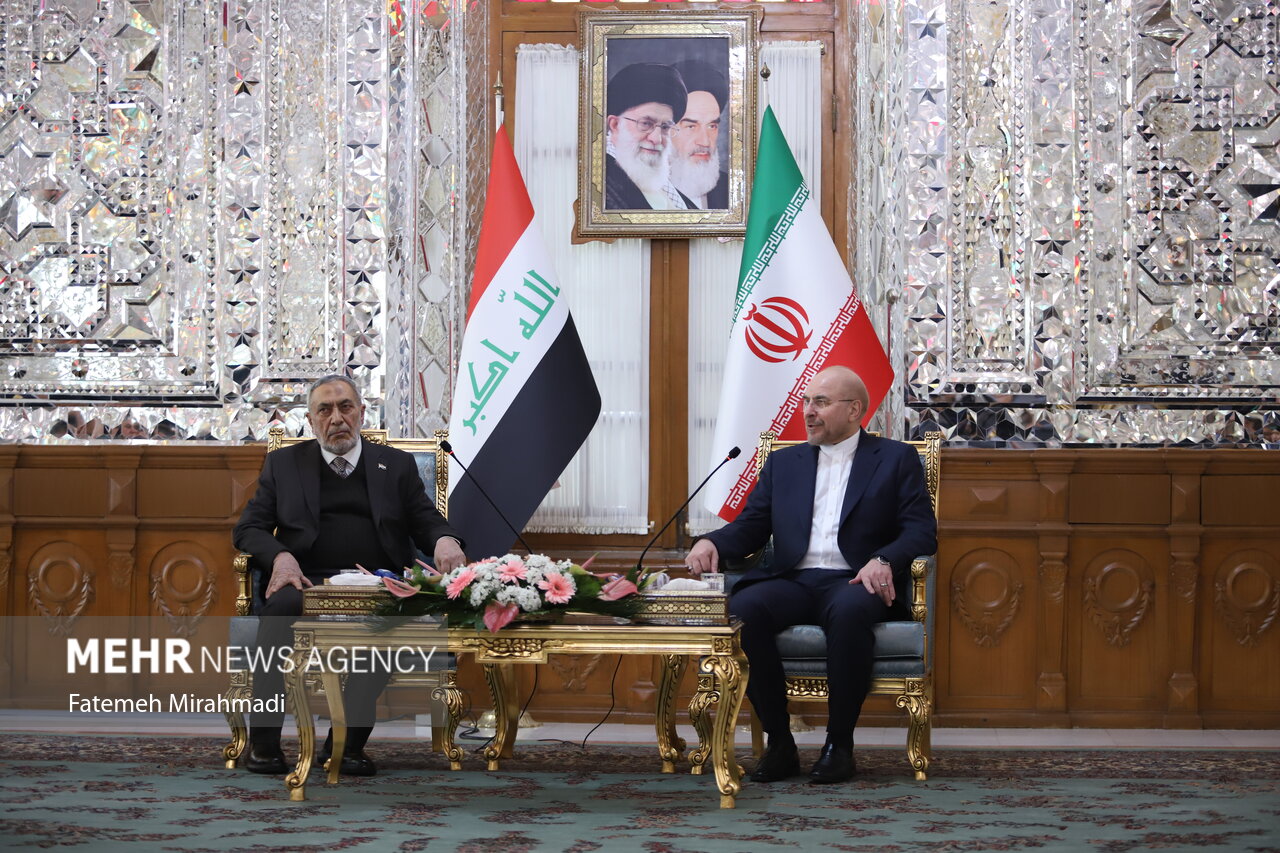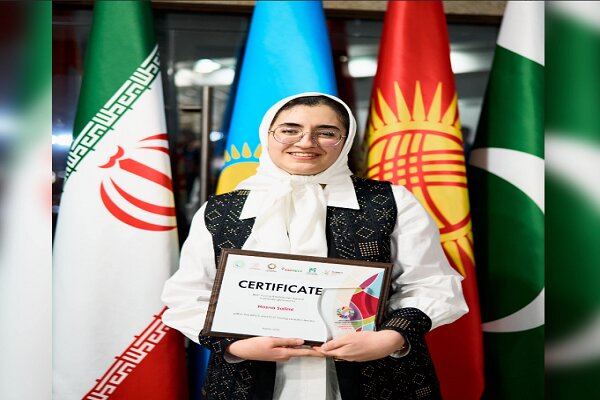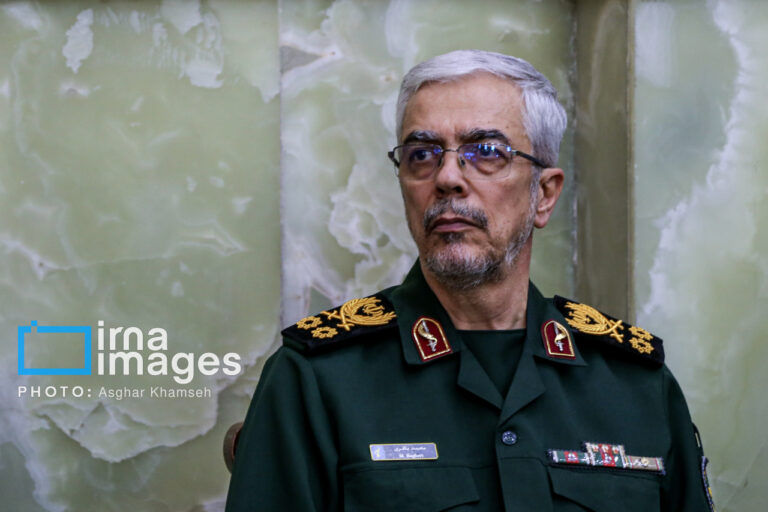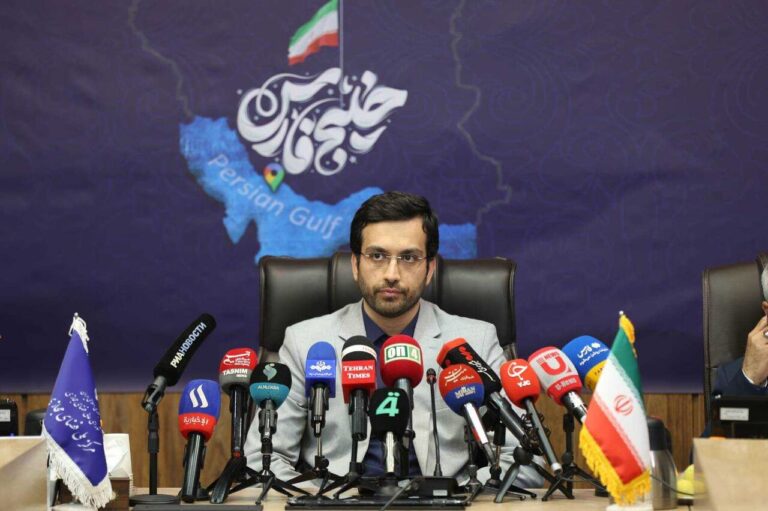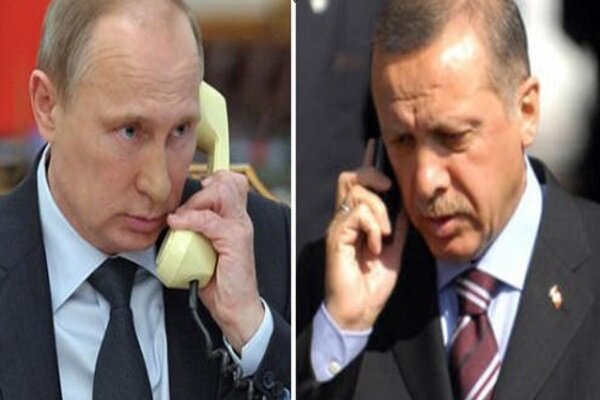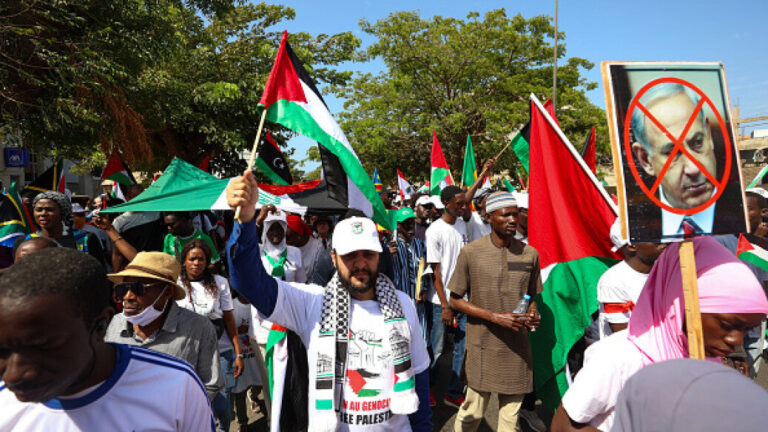Iran and Iraq Strengthen Parliamentary Cooperation to Enhance Regional Peace and Security
In a significant development for regional diplomacy, Iranian Parliament Speaker Mohammad Bagher Ghalibaf recently held a joint press conference with his Iraqi counterpart. During this event, he underscored the deep-rooted political, religious, and economic ties between Iran and Iraq, emphasizing their collaborative efforts to foster peace and stability in the region.
Ghalibaf highlighted the commitment of both nations to strengthening their bilateral relations, which extends to enhancing their influence within the Islamic world and on the global stage. Here are some key points from the press conference:
- Collaboration for Peace: The Iranian and Iraqi governments are dedicated to sustaining peace and stability in the region.
- Resistance Front: Both countries are resolute in defending the Resistance Front, along with the principles of Islam and the dignity of the Islamic nation.
- Economic and Political Relations: Iran and Iraq aim to enhance their economic and political ties while collaborating with neighboring countries, including both Arab and non-Arab Islamic nations.
- Parliamentary Relations: There is a mutual agreement to develop parliamentary relations and activate joint commissions focused on economic areas.
- Knowledge-Based Cooperation: The importance of cooperation in knowledge-based fields was a significant topic of discussion during their meeting.
- Tourism and Pilgrimage: The two nations deliberated on enhancing pilgrimage and tourism relations, which are vital for both countries.
- Border Security Agreements: Talks were held regarding the establishment of sustainable border security between the two nations.
Furthermore, Ghalibaf referenced the recent visit of the Iranian President to Iraq, noting that both parliaments are committed to implementing the agreements finalized during President Pezeshkian’s trip. This visit signifies a stepping stone towards deeper bilateral cooperation and shared interests.
The discussions between Iran and Iraq are not solely limited to political and economic aspects but also extend to cultural and social dimensions, reflecting the historical ties that bind the two nations. With shared religious beliefs and cultural heritage, both countries are poised to strengthen their partnership in various sectors.
In addition to the immediate objectives discussed, the long-term vision includes fostering a robust framework for collaboration that benefits both nations economically and politically. The move to enhance parliamentary relations can facilitate quicker decision-making and implementation of policies that are beneficial to the citizens of both Iran and Iraq.
In conclusion, the joint efforts of Iran and Iraq signify a positive step towards achieving stability and prosperity in the region. As both nations continue to work together on various fronts, the prospects for enhanced cooperation and mutual growth appear promising. The emphasis on cultural ties, shared beliefs, and economic collaboration lays a foundation for a strong alliance that could serve as a model for other countries in the region.
As regional dynamics evolve, the commitment from both Iranian and Iraqi leaders to forge ahead with their shared goals is a testament to their dedication to peace, stability, and progress in the Middle East. The outcomes of this partnership will be closely monitored, as they have the potential to influence broader regional relationships and contribute to a more stable and prosperous future.
